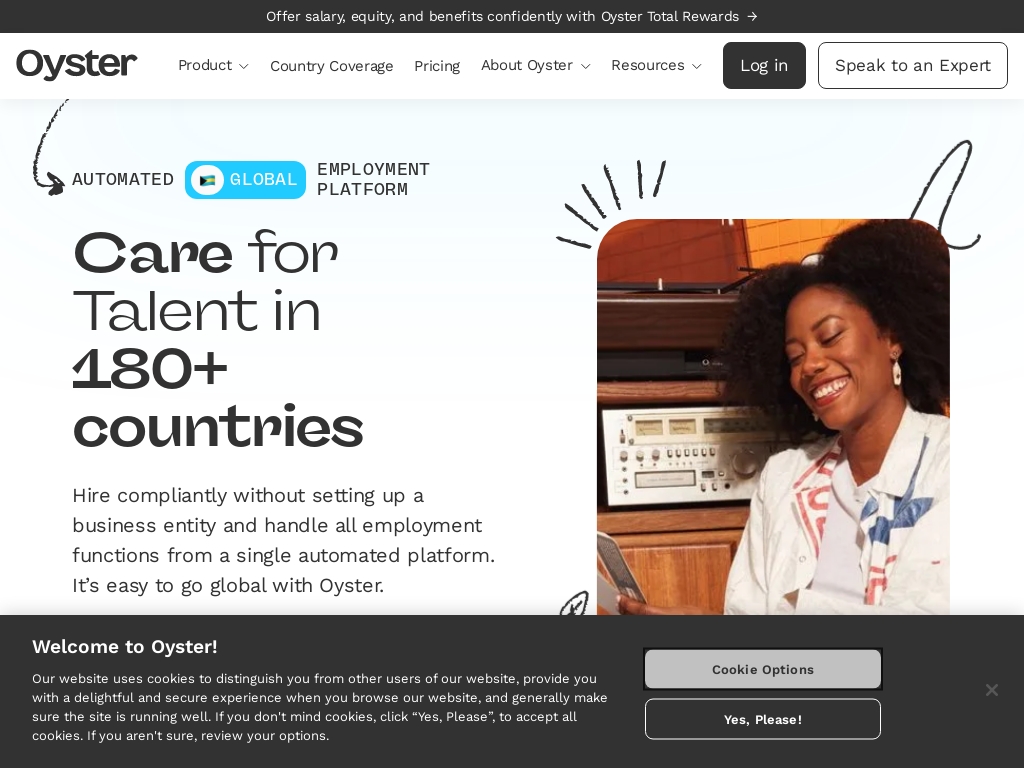How Oyster HR Achieved Unicorn Status with $150M Series C in 2 Years
Who is Tony Jamous?
Tony Jamous, the founder and CEO of Oyster HR, hails from Lebanon and has a background in computer science obtained in France. Before starting Oyster, Tony co-founded and led Nexmo, a communications platform, which achieved significant revenue milestones before its acquisition by Vonage.

What problem does Oyster HR solve?
Oyster HR helps companies easily hire and manage employees globally, solving the cumbersome and expensive process of international employment for businesses and enabling access to diverse, high-quality talent pools. Customers use it to avoid setting up local entities, navigating complex legal requirements, or finding local payroll providers, which can be a huge hassle and cost.

How did Tony come up with the idea for Oyster HR?
Tony Jamous,...
Disclaimer: The initial draft of this article was compiled by the Starter Story team based on publicly available interviews, podcasts, and other content from the founder. See the sources we used here.

Download the report and join our email newsletter packed with business ideas and money-making opportunities, backed by real-life case studies.

Download the report and join our email newsletter packed with business ideas and money-making opportunities, backed by real-life case studies.

Download the report and join our email newsletter packed with business ideas and money-making opportunities, backed by real-life case studies.

Download the report and join our email newsletter packed with business ideas and money-making opportunities, backed by real-life case studies.

Download the report and join our email newsletter packed with business ideas and money-making opportunities, backed by real-life case studies.

Download the report and join our email newsletter packed with business ideas and money-making opportunities, backed by real-life case studies.

Download the report and join our email newsletter packed with business ideas and money-making opportunities, backed by real-life case studies.

Download the report and join our email newsletter packed with business ideas and money-making opportunities, backed by real-life case studies.











